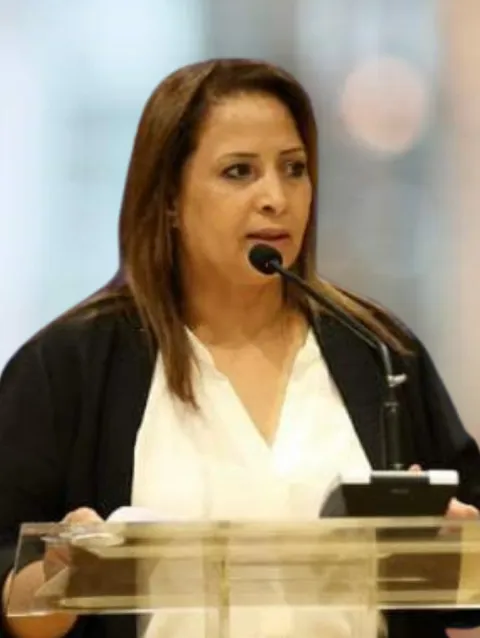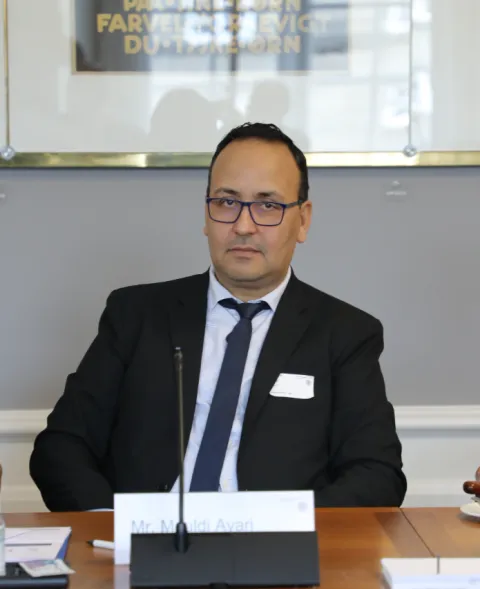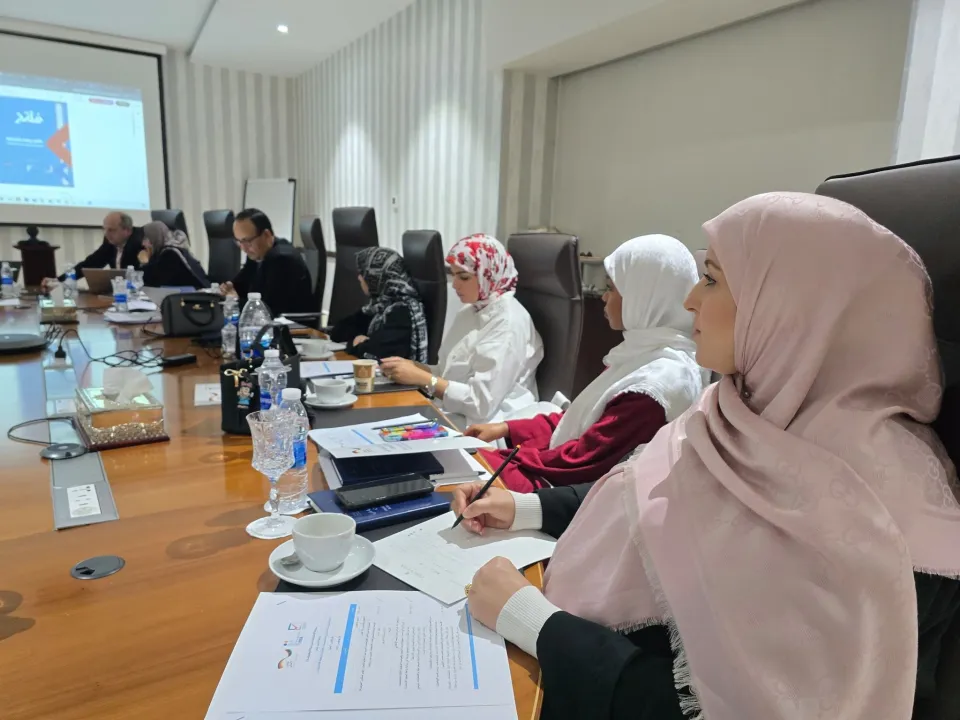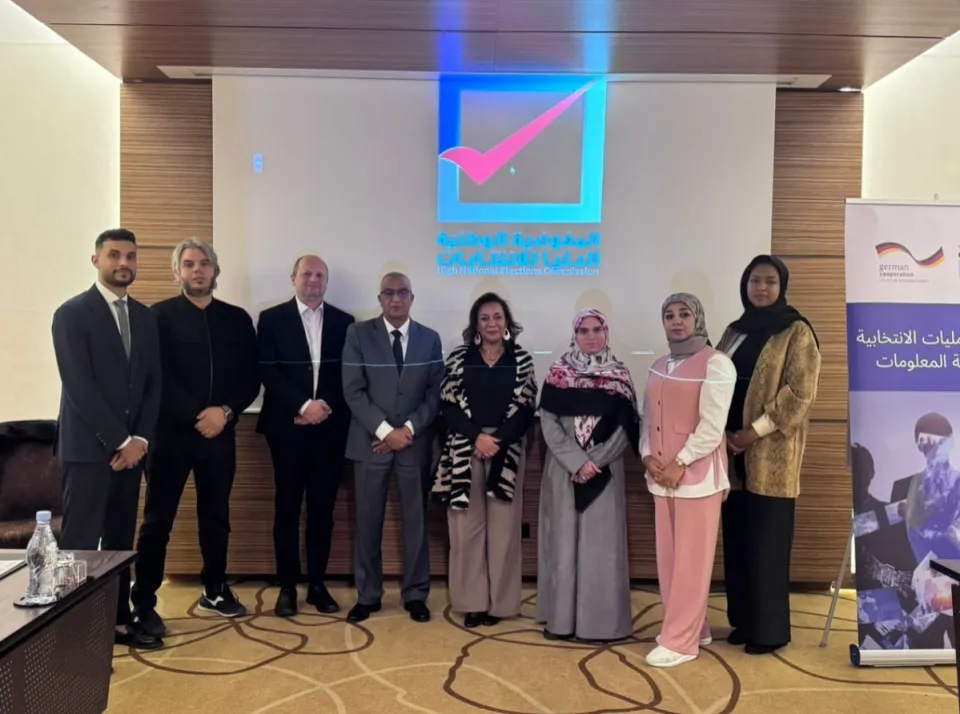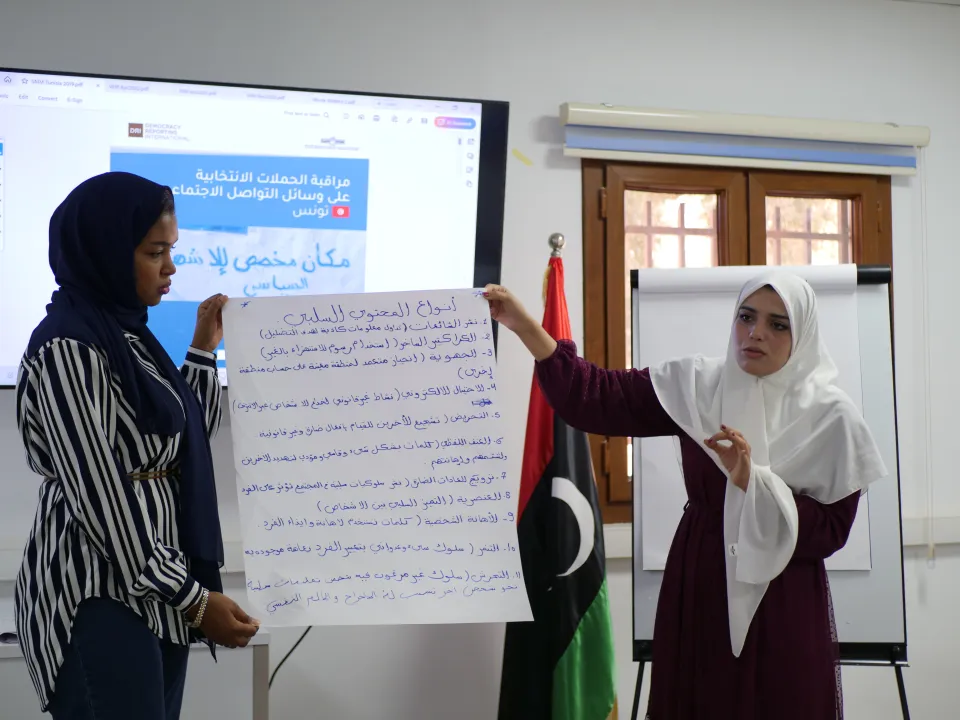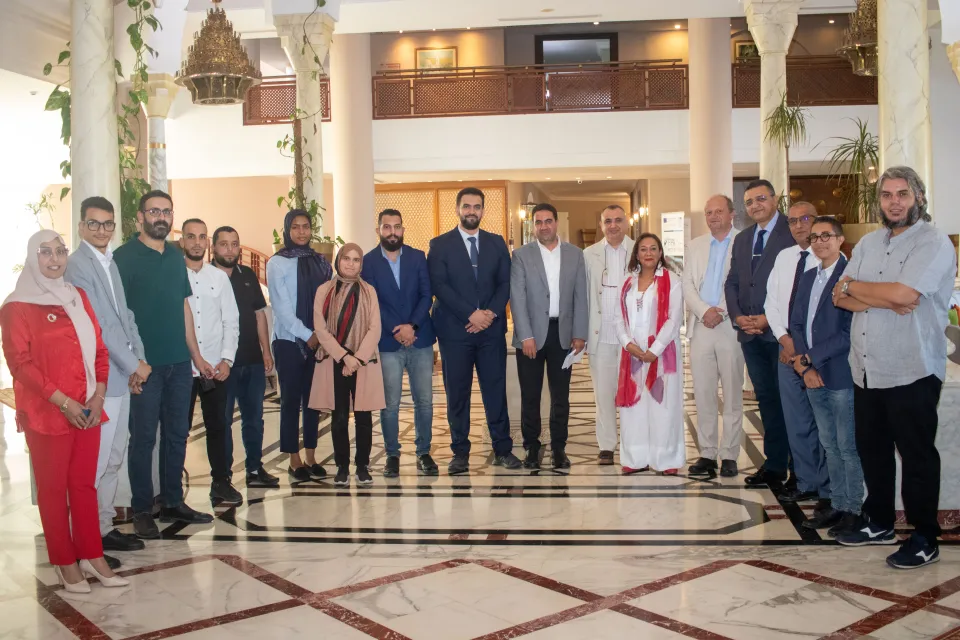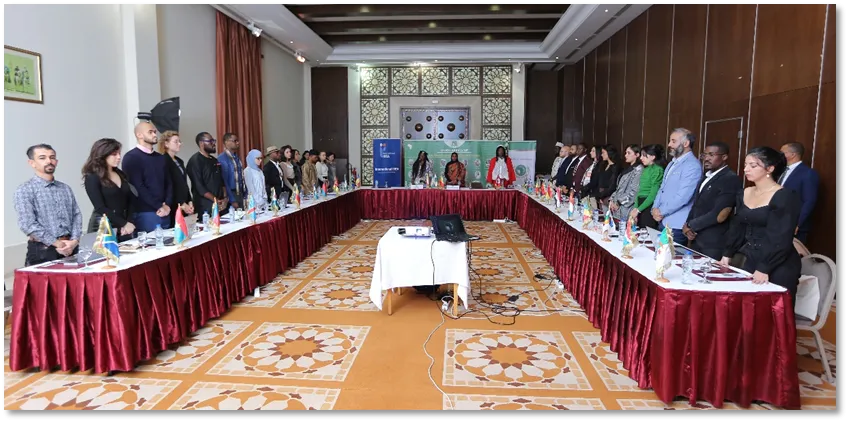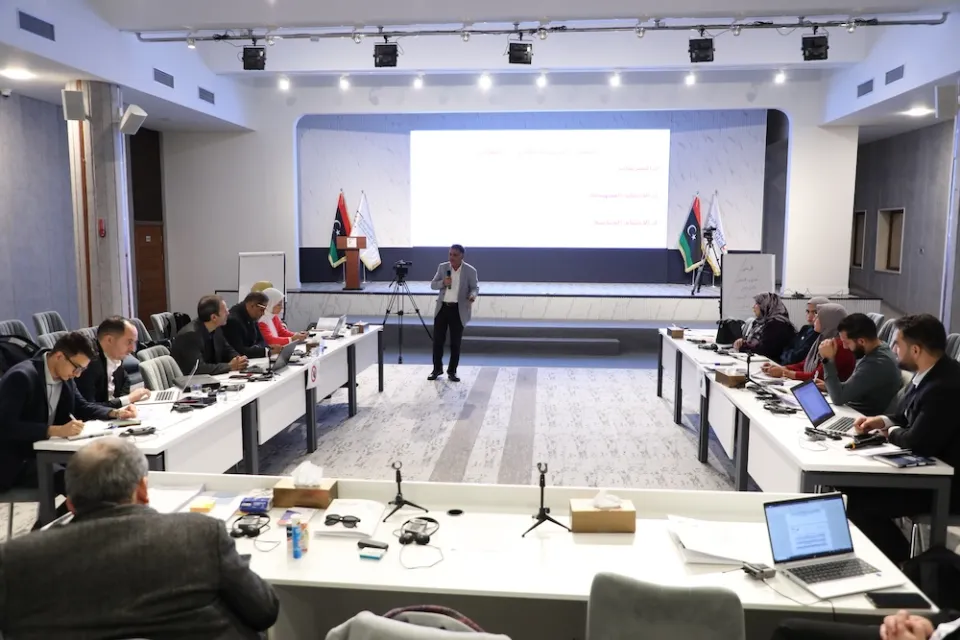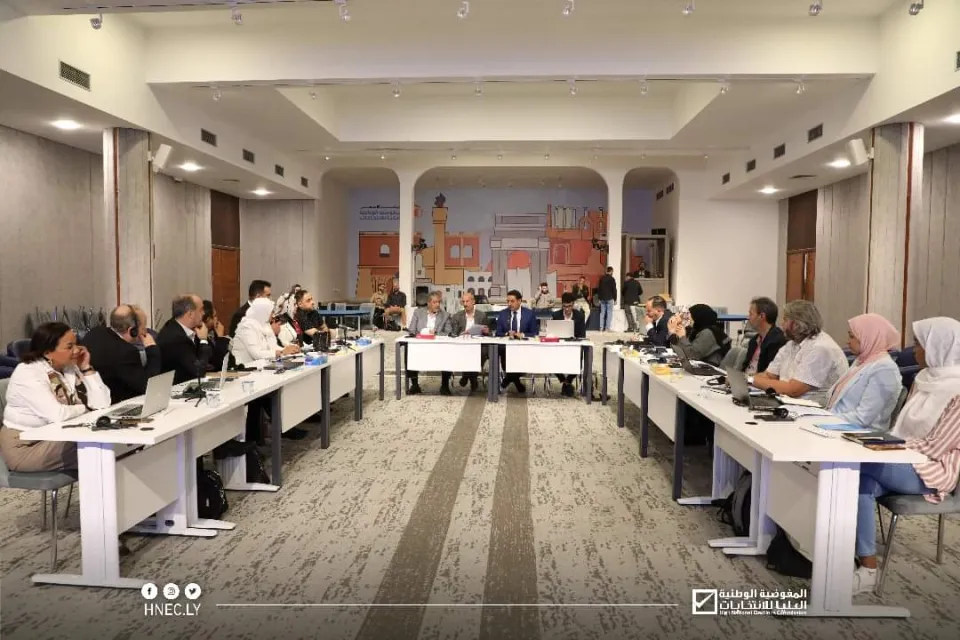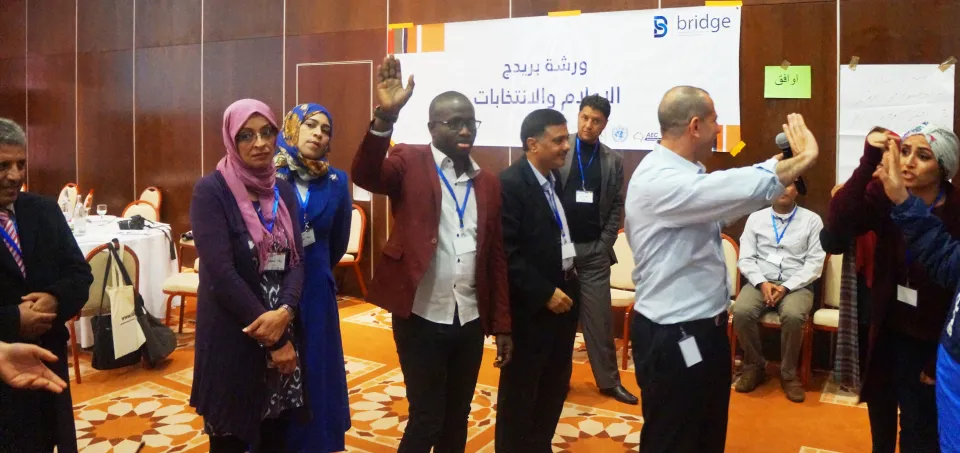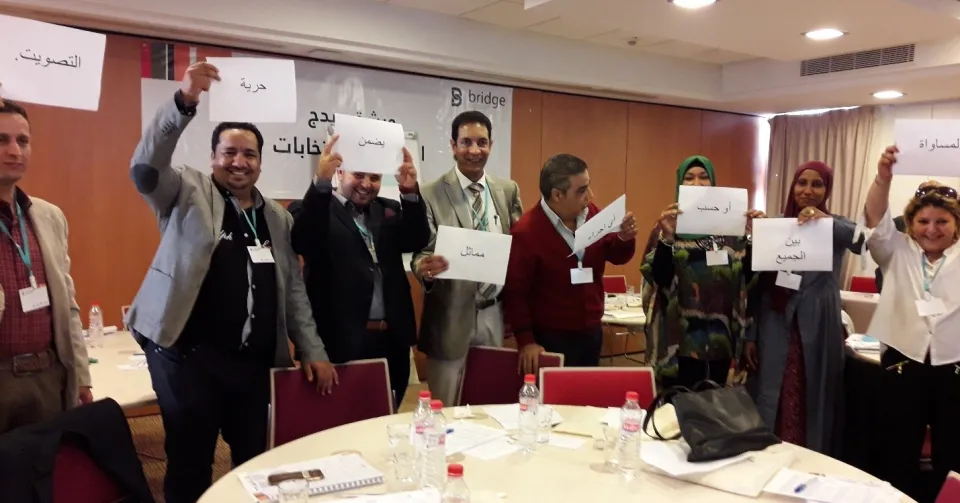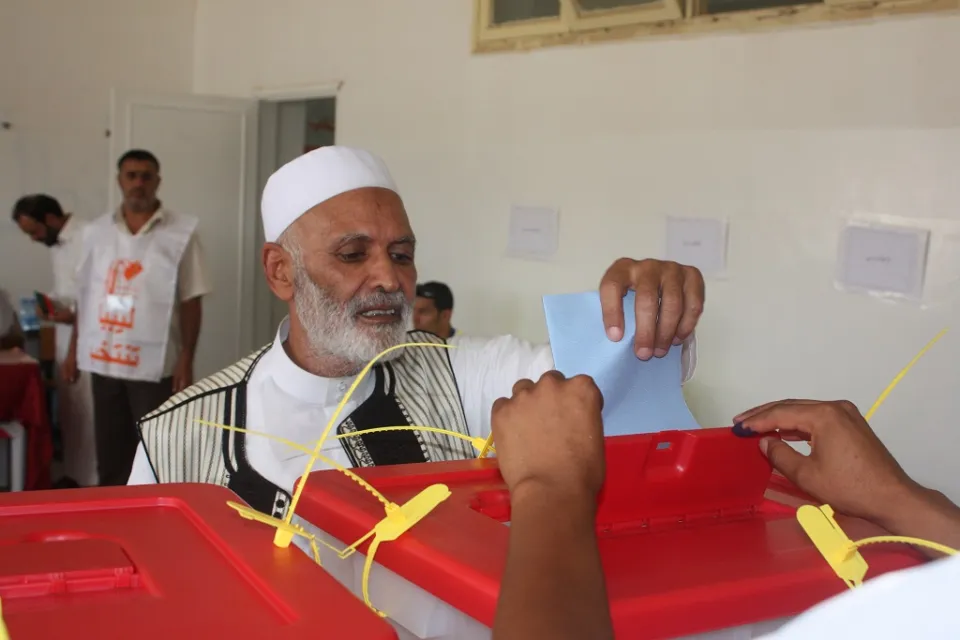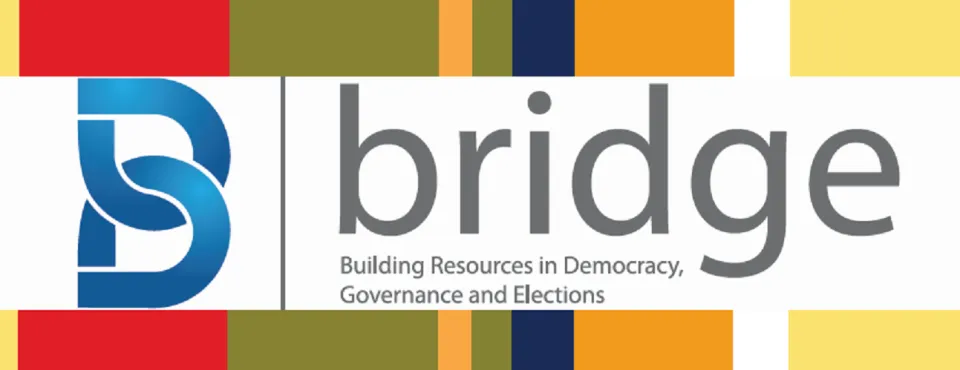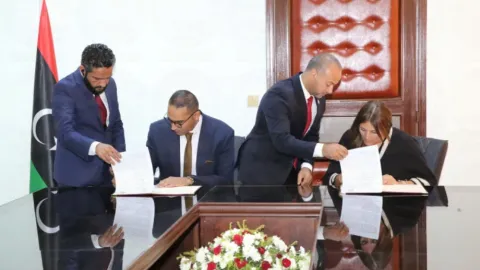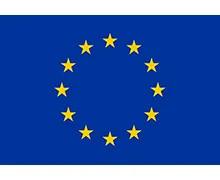Libya
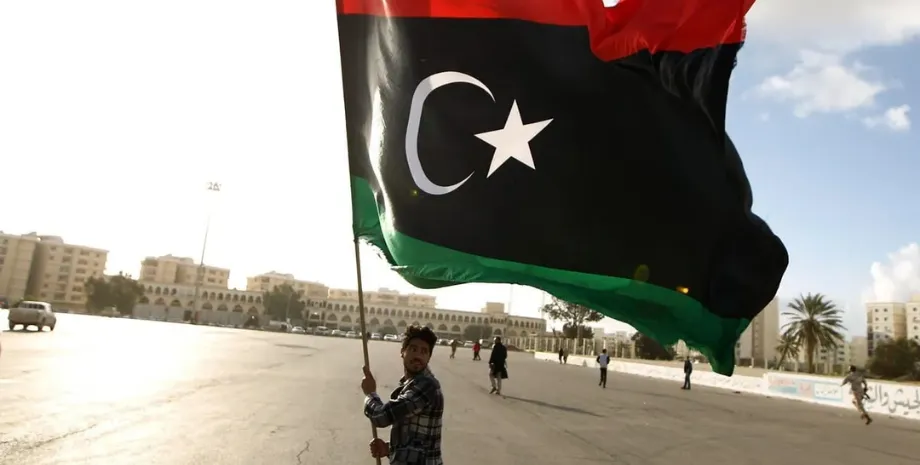
The International Institute for Democracy and Electoral Assistance (International IDEA) is implementing an European Union-funded project to support the Diwan of Libya’s House of Representatives (‘HoR’). The project seeks to support the HoR’s Secretariat General (the ‘Diwan’) by:
- Developing the Diwan's organizational management skills and practices;
- Developing the Diwan's capacity to carry out efficient and effective research, legal analysis, and legislative and constitutional assistance; and
- Developing the Diwan’s external relations and public engagement skills and practices.
If these capacity development efforts are successful, the Diwan will become better equipped to support the HoR as it exercises its legislative, oversight, and representation functions to be more transparent, inclusive, responsive, and accountable to Libyan citizens.
Basic information

Updates
Our experts
